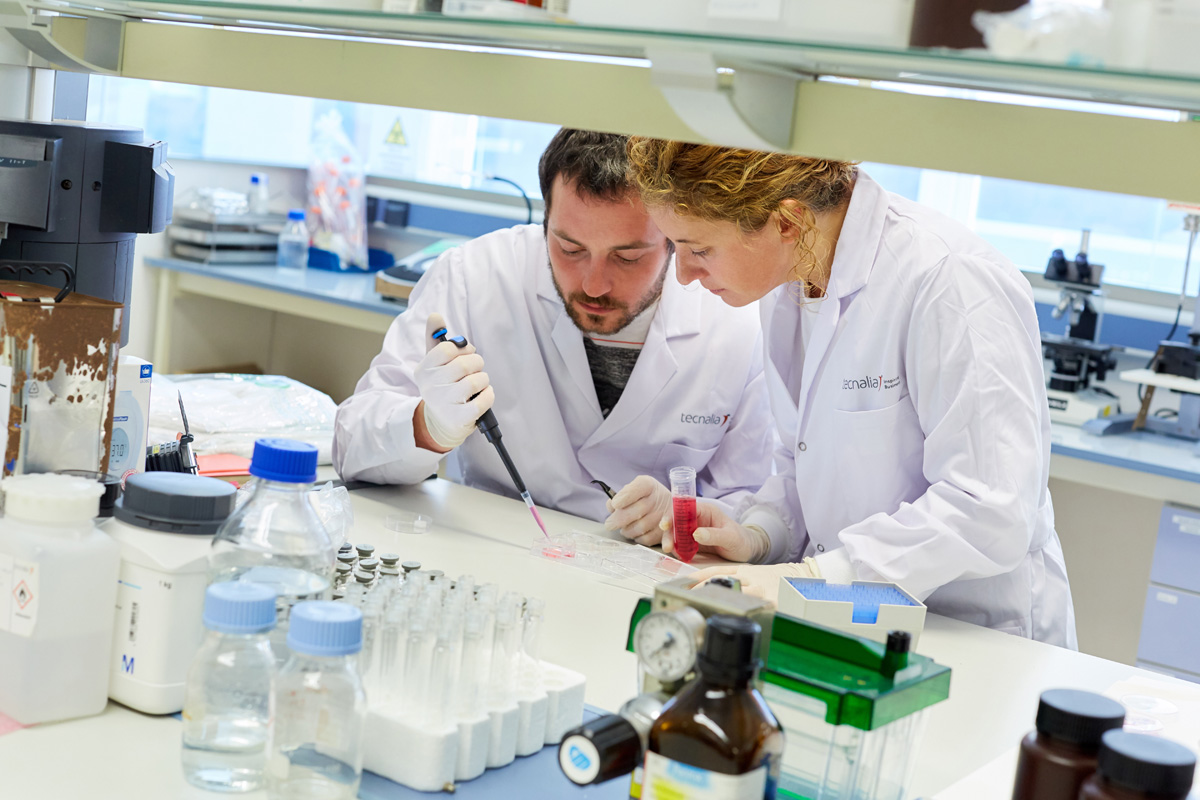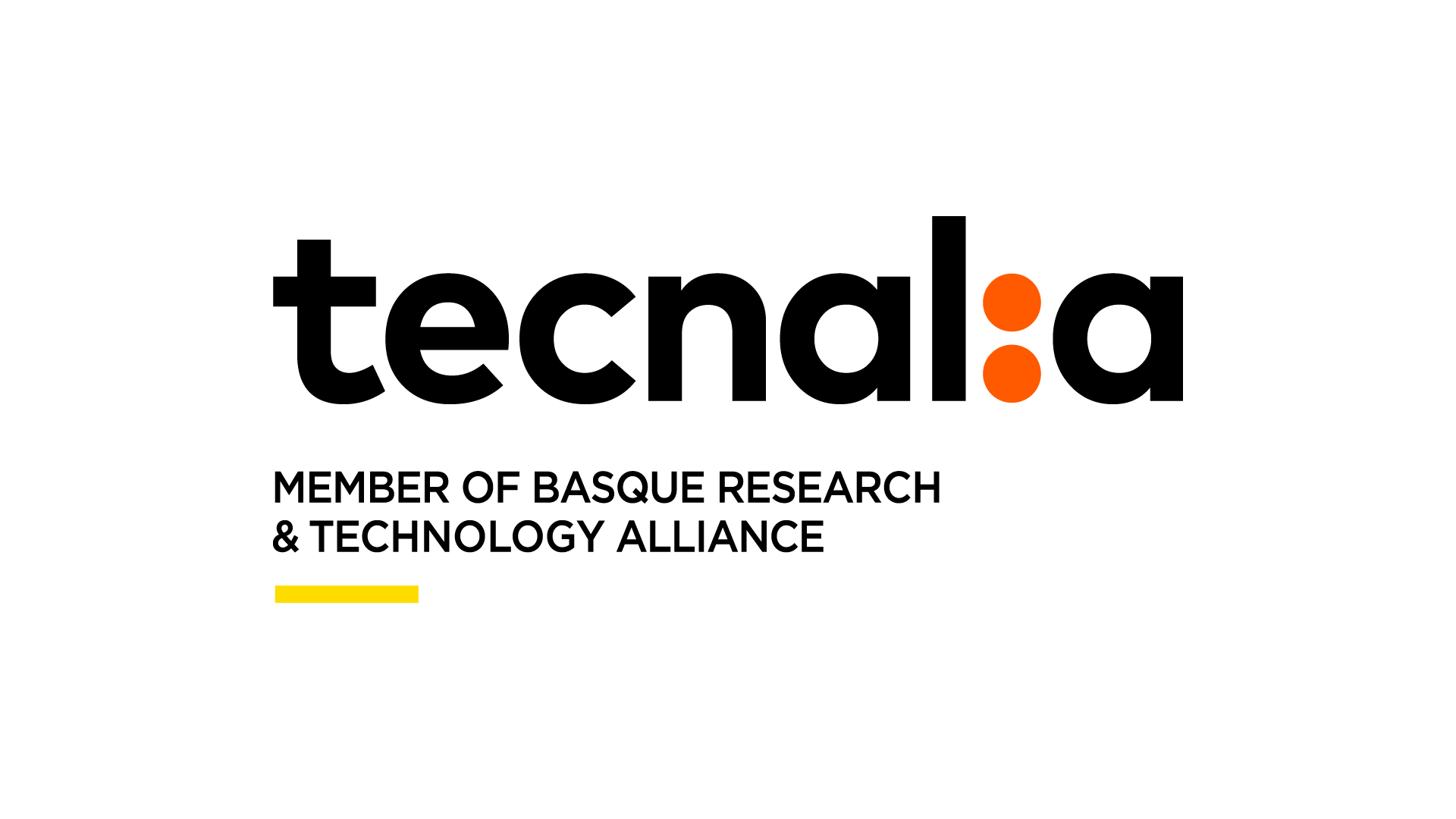NAME Biosentsoreak eta in vitro diagnostiko plataformak

Aktibo honek diagnostiko soluzioak garatzeko teknologia multzo propio bat biltzen du: • Substratu polimeriko malguen zentzumen azalerak • Elektrodoen integrazioa substratu polimeriko malguetan • Detekzio elektrokimikoko sistemak, fluoreszentzia (trastea, fluoreszentzia polarizatua) • Inprimatutako mikrofluidikoa • Prozesuak miniaturizatzea eta lab on a chip y lab on a patch integratzea • Eskala handiko produkzio tekniketara egokitutako diseinuak (roll to roll)
FIELDS OF APPLICATION
Additive manufacturing
Biomedical consumables
Electromedical devices
In-Vitro diagnostics
MOST OUTSTANDING EQUIPMENT AND COMPONENTS
-
Additive manufacturing equipments
Additive manufacturing equipment (screen printing, extrusion, SLA, FDM)
Model: SLA Photon S (Anycubic) -
Bath for modification of flexible polymers
Bath for modification of flexible polymers in pre-industrial sizes sheet to sheet. Model: BTI0-9 (DYCOMETAL)
-
Laser cutting
Laser cutting. Device for laser cutting and engrabing for rapid prototyping of microfluidics and modified-polymers systems.
Model: RAYJET 60 (TROTEC) -
Multidispenser robot
Multidispenser robot for liquid handlings. System allows automation laboratory workflow, ensuring quality, reliability and repeatability of results.
Model: Biomek 4000 (Beckman Coulter) -
Potentiostat
Potentiostat. Electronic device for controlling 3-electrodes cells in electrochemistry assays. It allows to determine the behaviour and electric properties of superficial modified materials as wells as their sensing capabilities. Model: Autolab PGSTAT204 (Metrohm).
SERVICES OFFERED BY THE ASSET
Designs adapted to large-scale production techniques (roll to roll)
Studies of adaptation of small-scale manufacturing techniques to an industrial scale by Roll to roll technologies.
Detekzio sistemen garapena
Development of new detection systems based on electrochemical or fluorescence techniques (FRET, polarization). Improving detection limits or introducing cost / use product improvements.
Development of electrochemical sensors
Integration of electrodes in flexible surfaces for the development of electrochemical devices (diagnostic chips, consumables for cell culture)
Miniaturization of processes and integration in lab on a chip and lab on a patch
Adaptation of laboratory methodologies to microfluidic and miniaturized devices, and process improvements.
Printed microfluidics
Development of microfluidic systems by printing materials. Biofunctionalized materials if sensorization is required
Sensory surfaces on flexible polymeric substrates
Development of biosensory surfaces for the detection of analytes of interest. (Bio) functionalization and analytical validation
ENTITY MANAGING THE ASSET

Contact person:
Nerea Briz Iceta
nerea.briz@tecnalia.com